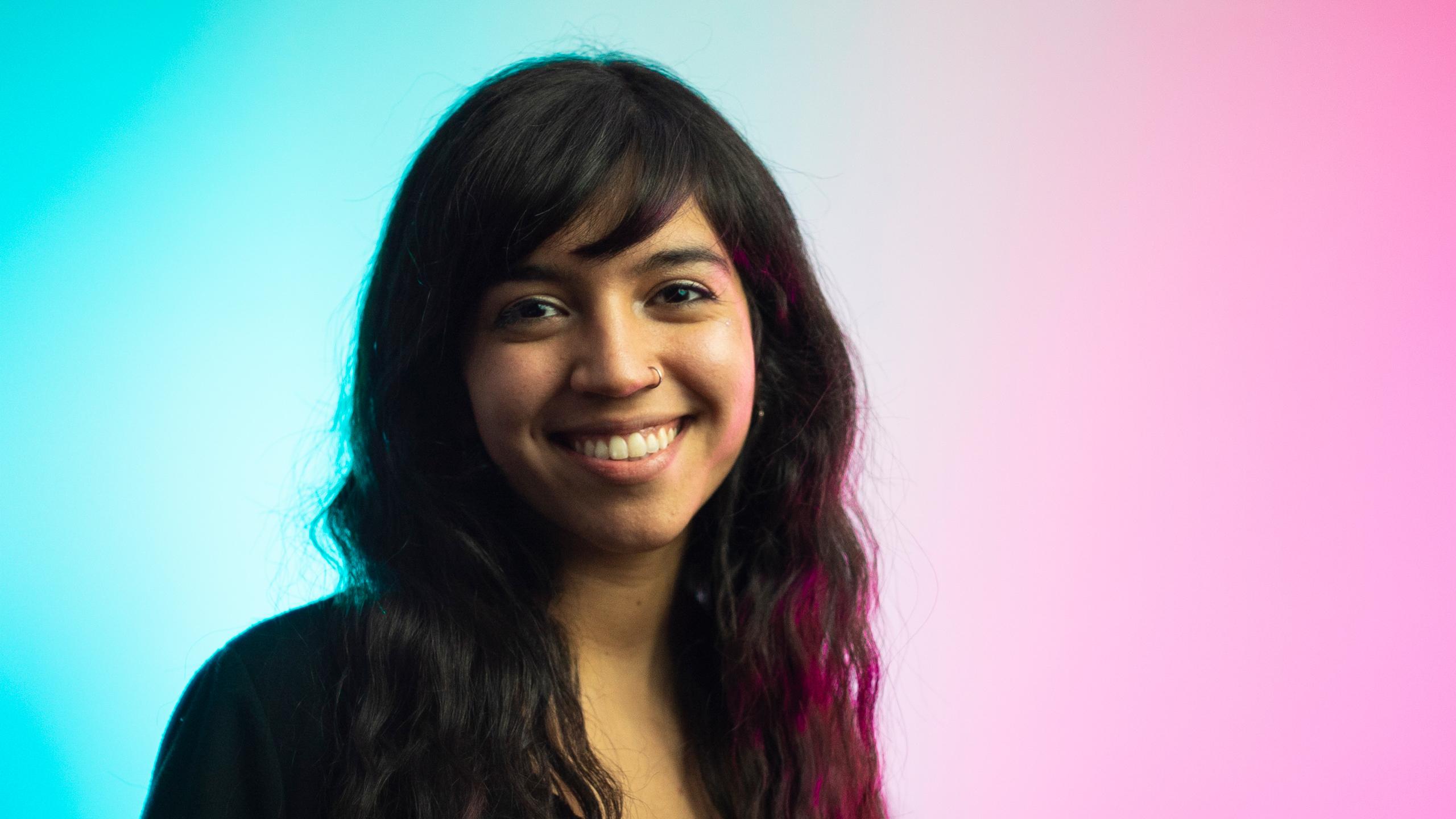It’s time to embrace a more nuanced and open conversation about our sexual health
By Sarah Krichel
I just want to talk.
No, not the talk. I want to talk. About sex. Because if we don’t talk about it, we’re fucked. We already kind of are.
Everyone is impacted by sexual health issues—whether it affects you because you think you have a sexually transmitted infection, or because you’re figuring out your sexual orientation, or because you’re a survivor of assault. We all have a story to contribute.
There have been discussions, but all we do is use the same buzz phrases over and over. When people say things like the “post-#MeToo-era” or Ryerson mentions “diversity, equity and inclusion,” do we really care about what the words mean anymore? We’ve been taught to “use the right words.” Well, we are. And it’s not working.
If your Twitter timeline looks anything like mine, those kinds of phrases are thrown at you everyday. I love retweeting groundbreaking pieces about representation on Netflix as much as the next online leftie, but these phrases only accomplish so much.
As soon as we learn what something like “consent” means, we feel like we don’t need to push any more boundaries about the things we don’t understand. But just because my experience doesn’t fit into the box of an already-established idea, doesn’t mean it isn’t real.
At Ryerson, we have equity service centres—like the Sexual Assault Survivor Support Line or the Centre for Women and Trans People—that provide people with a place to freely ask questions, share their stories and learn things that they never did in school or from their parents. But because of Premier Doug Ford’s student choice initiative which lets students opt out certain fees, these centres won’t be around for much longer.
I stutter when I tell my stories, but it’s not because I’m shy. It’s because I still feel the need to justify my experience to people because I worry they won’t get it, or won’t realize the weight of it. Social movements can make you feel like you have no reason to take up space if you don’t fit their template. But I don’t want to stutter or justify my stories anymore.
In the Love, Sex & Health issue, we hear stories that push the boundaries of what we know about sexual health. People always talk about the visibility of asexual people, but not that they have sexual health concerns too. Or about lack of sex-ed, but not how that’s different for immigrant and migrant families.
It’s time to embrace a more nuanced and open conversation about our sexual health. You don’t need a label to find the right words.
Our Love, Sex & Health issue includes numerous features and stories, multimedia and more. Check it all out here:
If you can’t orgasm, you’re not alone
What porn taught us about sex, romance and ourselves
Video: Ryerson students share the misconceptions porn has taught them
How PTSD affects survivors before they know it
Asexual people have sexual health concerns, too
Let’s get intimate, even without sex
Photo Essay: It’s all in your head












Leave a Reply